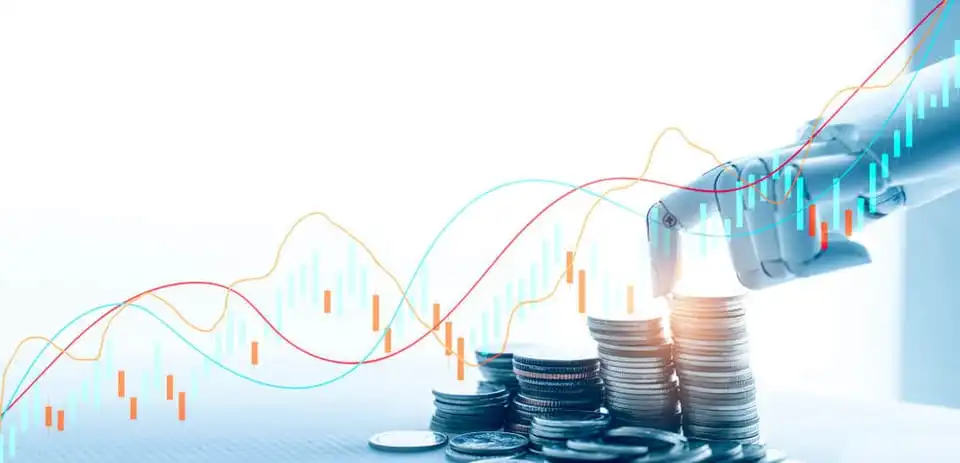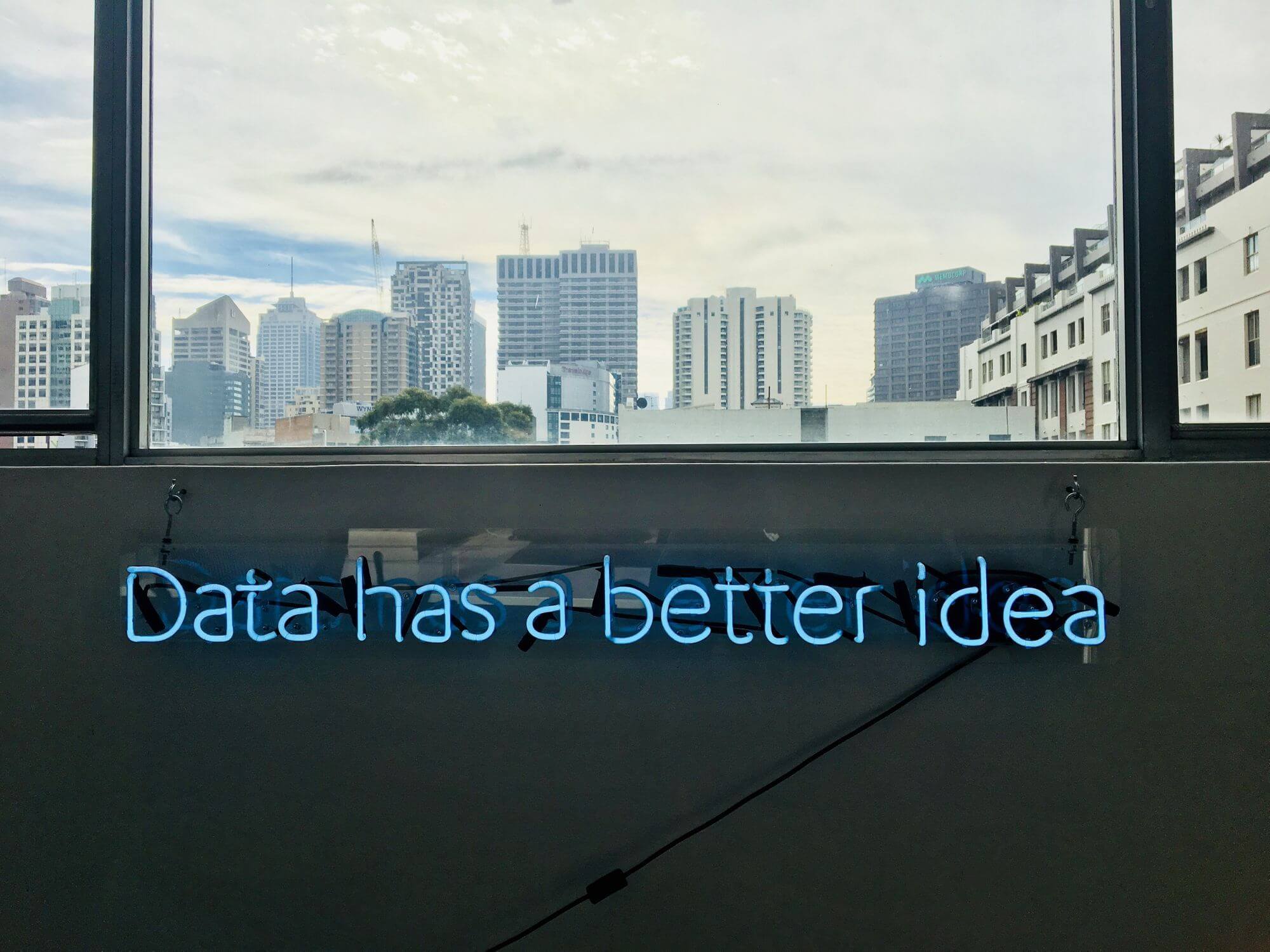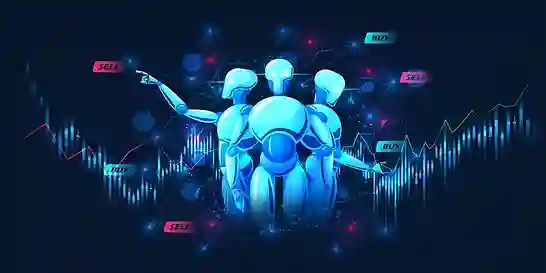The Role of Artificial Intelligence in the Success of Funded Traders
Are you interested in diving into the fascinating realm of funded trading to witness the transformative power of Artificial Intelligence? Let's explore how AI drives success and profitability for traders, unraveling the secrets behind its game-changing influence. A must-read for finance enthusiasts!

In today's trading landscape, the phrase 'Artificial Intelligence’ (AI) is often used to describe any technology that is advanced enough to aid traders in making decisions. AI has become an essential component in the trading industry, playing a significant role in the success of funded traders. From algorithmic trading to sentiment analysis, AI systems provide traders with efficient, accurate, and personalized trading strategies that help them improve their decision-making capabilities and increase productivity. In this article, we will explore the various applications of AI in trading systems, its impact on funded traders, its real-world applications, and the challenges and limitations that come with its use.
Understanding Artificial Intelligence in Trading
Defining Artificial Intelligence
Artificial Intelligence (AI) is a term that refers to a wide range of technologies that enable machines to replicate human-like behavior. AI systems learn from experience, adapt to changing circumstances, and make predictions or decisions based on learned patterns. In trading, AI can be defined as a set of algorithms that use market signals, data, and trading strategies to make decisions without human intervention.
AI has revolutionized the trading industry by allowing machines to process vast amounts of data and make predictions with a high degree of accuracy. This has led to increased efficiency and profitability in trading, as well as reduced risk and increased transparency.

The Evolution of AI in Trading
The use of AI in trading dates back to the 1980s when traders started using computer programs to automate the decision-making process. These early systems were limited in their capabilities and relied on simple algorithms to make decisions.
Over the years, the use of AI in trading has grown, and the technology has evolved significantly. With the advent of machine learning and deep learning, AI systems can now analyze vast amounts of data, learn from market trends, and make predictions more accurately than ever before.
One of the most significant developments in AI in trading has been the use of neural networks. These are complex algorithms that are modeled after the structure of the human brain. They can analyze large amounts of data and find patterns that are not immediately apparent to the human eye.
Key Components of AI in Trading Systems
The use of AI in trading systems relies on three fundamental components: Data, Algorithms, and Infrastructure.
Data plays a crucial role in the decision-making process, and AI systems rely on vast quantities of high-quality data to make predictions and decisions. This data can come from a variety of sources, including market data, news articles, social media, and other sources.
The algorithms used in AI systems are designed to process vast amounts of data and find patterns in historical market data to use in predicting future market trends. These algorithms can be simple or complex, depending on the level of sophistication required for the trading strategy.
The infrastructure used for AI in trading systems typically consists of high-performance computing systems that can process and analyze data quickly and accurately. These systems may include specialized hardware, such as graphics processing units (GPUs), to accelerate the processing of large amounts of data.
In conclusion, AI has transformed the trading industry by allowing machines to process vast amounts of data and make predictions with a high degree of accuracy. As AI technology continues to evolve, we can expect to see even more sophisticated trading systems that can adapt to changing market conditions and make better decisions than ever before.

The Impact of AI on Funded Traders
Artificial Intelligence (AI) has revolutionized the trading industry by providing traders with enhanced decision-making capabilities, improved risk management, increased efficiency and productivity, and personalized trading strategies. The use of AI in trading systems has become increasingly popular in recent years due to its ability to analyze vast amounts of data and market trends quickly and accurately. In this article, we will explore the various ways in which AI is transforming the trading industry.
Enhanced Decision-Making Capabilities
One of the most significant benefits of using AI in trading systems is its ability to enhance traders' decision-making capabilities. With AI systems, traders can analyze vast amounts of data and market trends quickly and accurately, which allows them to make more informed decisions. This, in turn, can lead to better trading outcomes and increased profitability.
AI systems can analyze market data and provide traders with real-time insights into market trends, allowing them to make informed decisions quickly. This can be especially helpful in volatile markets, where traders need to react quickly to changing market conditions.
Improved Risk Management
Risk management is a significant challenge in trading, and AI systems can help traders mitigate risks more effectively. AI systems can analyze market data and trends to identify potential risks and provide traders with personalized warning signals. This allows traders to react quickly to potential risks, reducing the chances of significant losses.
Furthermore, AI systems can help traders optimize their risk management strategies by analyzing historical data and identifying patterns that may indicate potential risks. This can help traders make more informed decisions and reduce their exposure to risk.

Increased Efficiency and Productivity
AI can also help traders increase their efficiency and productivity. With AI systems, traders can automate repetitive tasks such as data analysis, freeing up their time to focus on more strategic tasks. This can help traders make more informed decisions, leading to better trading outcomes and increased profitability.
Moreover, AI systems can analyze vast amounts of data much faster than humans, allowing traders to make decisions more quickly. This can be especially helpful in fast-paced markets where traders need to react quickly to changing market conditions.
Personalized Trading Strategies
AI systems can provide traders with personalized trading strategies based on their risk tolerance, investment goals, and market conditions. This allows traders to optimize their trading strategies and make more informed decisions based on their individual needs and market trends.
For example, AI systems can analyze a trader's risk tolerance and investment goals to provide personalized investment recommendations. This can help traders make more informed decisions and reduce their exposure to risk.
Conclusion
The use of AI in trading systems has transformed the trading industry by providing traders with enhanced decision-making capabilities, improved risk management, increased efficiency and productivity, and personalized trading strategies. As AI technology continues to evolve, we can expect to see even more significant changes in the trading industry in the years to come.
Real-World Applications of AI in Funded Trading
Algorithmic Trading
Algorithmic trading is a technique that uses computer programs to execute trades automatically based on predefined rules. With the use of AI systems, traders can develop more robust and accurate algorithmic trading strategies that can analyze market data and trends more efficiently.
Portfolio Optimization
AI systems can also help traders optimize their portfolios. By analyzing vast amounts of data, AI systems can identify opportunities for diversification, risk reduction and improved profitability.
Sentiment Analysis
Sentiment analysis is the process of analyzing social media and news feeds to understand market sentiment. With AI systems, traders can analyze these feeds and use them to make more informed trading decisions.

Market Prediction and Forecasting
AI systems can also be used to predict market trends and make future projections. By analyzing vast amounts of data, AI systems can identify potential market trends, enabling traders to make more informed decisions.
Challenges and Limitations of AI in Funded Trading
Data Quality and Availability
One of the significant challenges of using AI in funded trading is the availability and quality of data. With AI systems, traders need vast quantities of high-quality data to make informed decisions. However, the availability and quality of data can be a significant limitation, restricting the effectiveness of AI systems.
Ethical Considerations
Another challenge in using AI in funded trading is ethical considerations. With AI systems making decisions automatically, ethical considerations about the use of AI in trading are pivotal. The decisions made by AI-based trading systems can impact the lives of many, and it's important to consider the ethical and moral implications of such systems.
Regulatory Challenges
There are regulatory challenges involved in using AI in funded trading. As the use of AI in trading becomes more prevalent, regulators will need to develop regulations that protect traders and markets from the risks involved in using AI-based trading systems.
Overreliance on AI Systems
Overreliance on AI systems can also pose a challenge in funded trading. AI systems are only as good as the data and algorithms used to train them. Traders must continue to make informed decisions based on their intuition and experience and not rely solely on AI systems.

Conclusion
The use of Artificial Intelligence in funded trading has significant benefits that cannot be ignored. Traders need to leverage AI systems to increase efficiency, make more informed trading decisions, and enhance productivity. However, using AI in funded trading also comes with its challenges and limitations that need to be considered carefully. As AI continues to evolve, it's up to traders and regulators to ensure that its use in funded trading is ethical, secure, and regulated.


